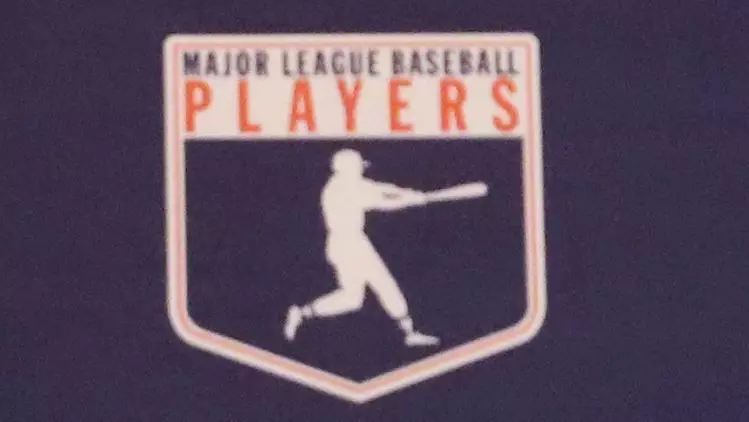In a startling turn of events, the FBI has reached out to select Major League Baseball (MLB) players as part of an ongoing investigation into financial dealings surrounding OneTeam Partners, a multibillion-dollar group-licensing agency linked to both the MLB Players Association (MLBPA) and the NFL Players Association (NFLPA). While it appears the players themselves are not under investigation, the inquiry into OneTeam—which was created with the intention of monetizing athletes’ names, images, and likenesses—raises a plethora of questions about transparency and governance within a partnership that has grown significantly since its inception in 2019.
The investigative agents are reportedly probing the financial machinations of the organization, which has orchestrated media deals aiming to generate substantial revenue for its partners — the players’ unions and their members. As the investigation unfolds, it sheds light on the heavy financial stakes involved and the ethical implications tied to the leadership within these unions.
OneTeam Partners: A Financial Juggernaut
OneTeam Partners has quickly established itself as a significant financial player in the sports licensing arena, with a staggering valuation of $1.9 billion as of 2022. This meteoric rise is not merely incidental; it has attracted multiple high-profile players from various professional sports, including women’s basketball and soccer, as well as collegiate athletes. The partnership has strategically positioned itself to benefit from changing dynamics in how athletes can capitalize on their personal brands.
However, the enormous amounts of money flowing into OneTeam have not gone unnoticed. Significant financial transactions — such as the nearly $160 million paid to the MLBPA within a four-year window — have created a murky environment that invites questions about the appropriate allocation of these resources. With the MLBPA boasting over $353 million in assets, including a substantial sum derived from OneTeam, the necessity for ethical oversight becomes paramount.
Conflict and Governance: A Concerning Narrative
The ongoing investigation is rooted in allegations of “nepotism, corruption, and mismanagement,” as outlined in a complaint filed with the National Labor Relations Board (NLRB). Such accusations present a significant challenge to the credibility of the unions involved. Specifically cited is executive director Tony Clark, who allegedly failed to disclose potential conflicts of interest resulting from his position on the OneTeam board. The inner workings of the organization raise a red flag. How can players under Clark’s leadership fully trust that union financial benefits are being directed towards them rather than toward enriching a small group of executives?
The ethical landscape further complicates matters with the existence of a $3.5 million compensation package awarded to Clark for the fiscal year 2024. With questions swirling around financial integrity, how can the union which represents athletes be effectively guided by leadership that appears disconnected from the very individuals they serve?
A Call for Transparency and Ethical Responsibility
While OneTeam has publicly expressed its commitment to maintaining high standards of integrity, the sentiments of the players are of paramount importance, and they deserve clarity on how their union navigates financial agreements. Concerns about governance seem well-founded, especially given the scrutiny from various quarters. In circumstances where the financial interests of a few may supersede the rights and welfare of many, it becomes crucial for the unions to proactively address these issues.
The potential fallout from this investigation could lead to far-reaching implications for how unions operate and how financial dealings are disclosed and scrutinized in sports. Given the growing scrutiny from regulators and the public, the MLBPA and NFLPA might find themselves at a crossroads, necessitating a thorough reevaluation of their governance structures in order to restore integrity in the eyes of their constituents.
Without doubt, transparency in the dealings of large organizations is essential to ensuring that the interests of all stakeholders—including players, fans, and sponsors—are met with integrity and respect. As the situation unfolds, parties involved must grasp the gravity of this investigation and understand that the ultimate fate of these unions—and, by extension, the welfare of the players—may depend on the outcomes of these discussions.

